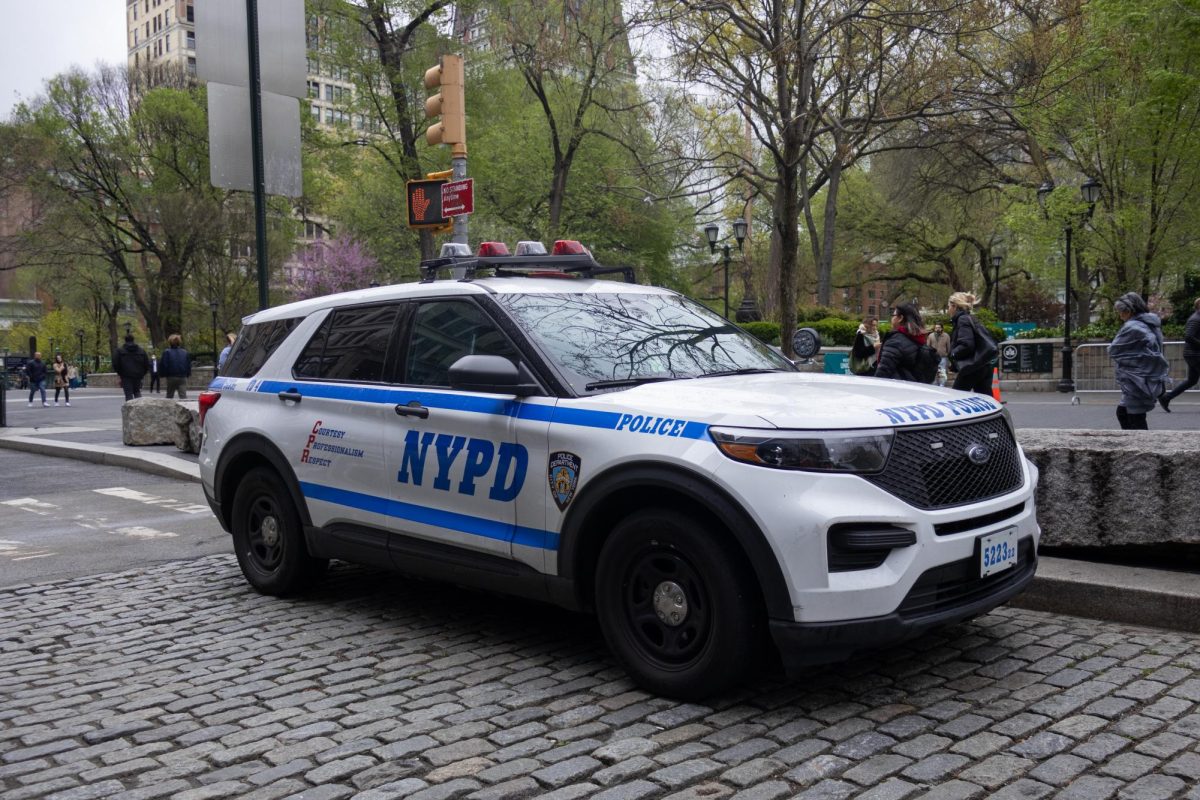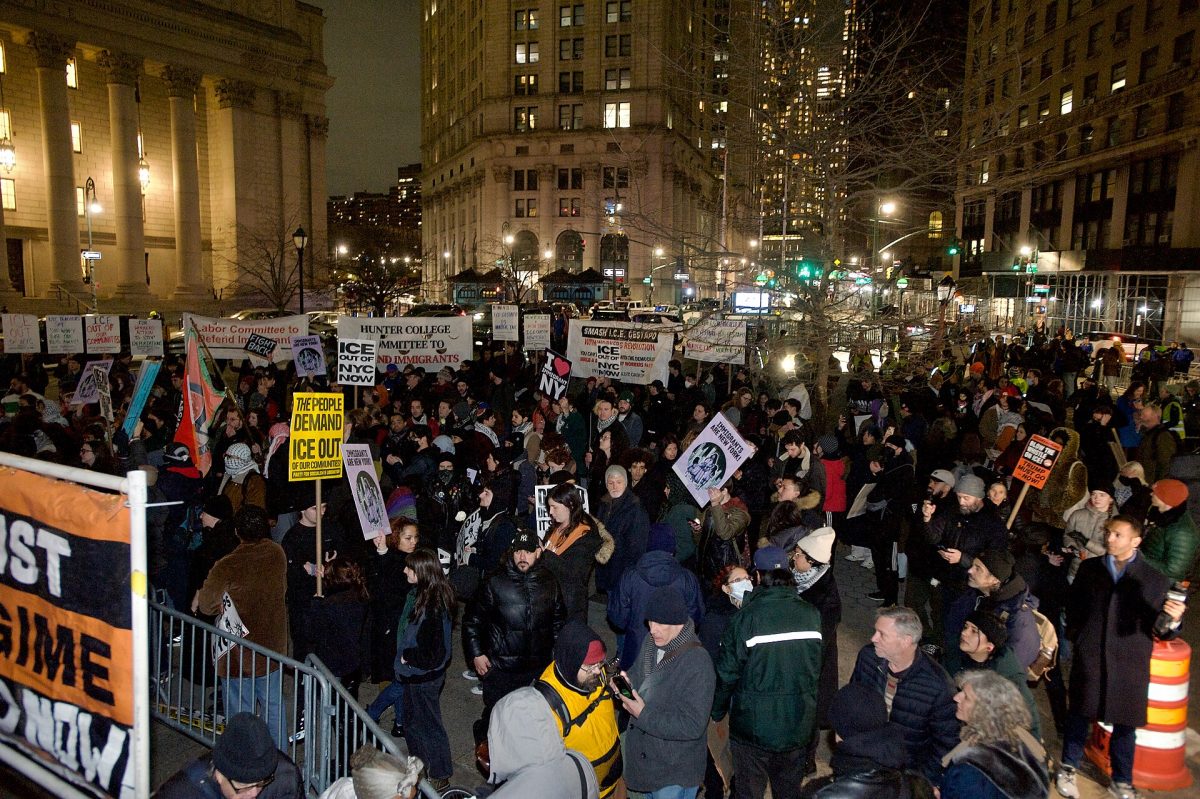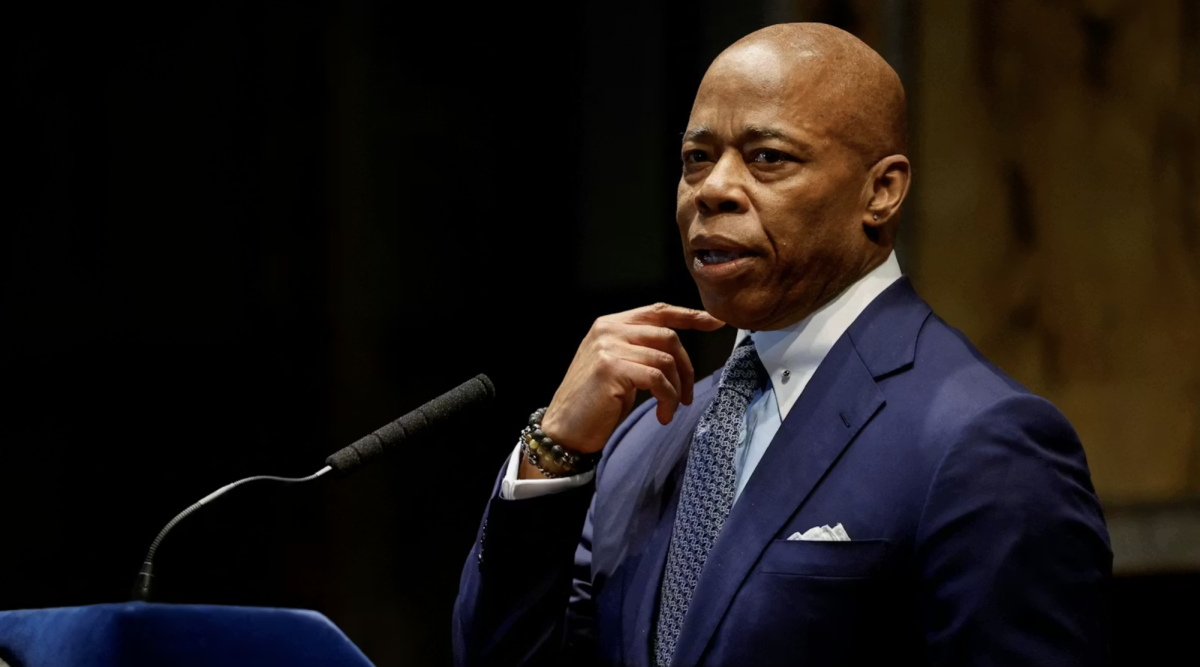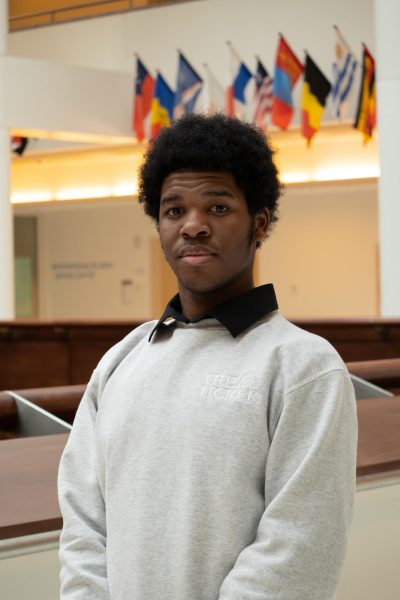The role of the police is, fundamentally, to protect the public, enforce the law and prevent crime. Yet the idea that police do not have a specific legal duty to protect individuals has long been a troubling and controversial doctrine, highlighting an essential gap between what citizens expect from law enforcement and what the law requires of it. This “no duty” doctrine leaves people feeling frustrated, vulnerable and abandoned by the institutions meant to safeguard them.
According to the CBS News article, on Oct. 23, a Minneapolis man was charged with attempted murder after allegedly shooting his neighbor for pruning a tree he believed was on his property line. Despite the victim filing at least 19 police reports regarding this neighbor’s behavior, no action was taken by law enforcement. The police had ample warning but simply chose not to intervene, a choice that undermines their core purpose.
The key case that established the “no duty” doctrine dates back to 2005. According to The New York Times, the police failed to respond to a woman’s pleas for help after her estranged husband violated a protective order by kidnapping their three young daughters, whom he eventually killed. The Supreme Court’s ruling that police had no constitutional duty to protect her and her children not only allowed a preventable tragedy to unfold but also sent a chilling message about the limits of police accountability.
This “no duty” doctrine stands in stark contrast to other public service roles. Imagine if firefighters had refused to enter the Twin Towers on 9/11 because they didn’t have a constitutional duty to save those inside the buildings. Imagine if soldiers were unwilling to risk their lives in combat.
These professions embody the essence of duty and sacrifice, yet the police force — a profession tasked with maintaining public safety — is legally allowed to sidestep these same values. If soldiers are willing to give their lives for national security, why shouldn’t police officers be expected to put themselves on the line for community safety?
Also consider the case Lozito v. the City of New York, which concerned the infamous Maksim Gelman rampage. According to the New York Post, the City said that cops had “no duty” to protect the subway hero who subdued the killer.
This is ludicrous. If it’s not the police’s duty to protect citizens, then whose duty is it? Every year, taxpayers fund law enforcement with roughly $135 billion, expecting safety and protection in return. However, the courts have made it clear that this expectation is misplaced, which calls into question what exactly the people are paying for.
The hypocrisy here is conspicuous. When doctors fail to save patients due to negligence, they face repercussions. Police officers, however, are essentially given a free pass. They carry weapons and have the authority to use them precisely because they’re supposed to be prepared to act in dangerous situations. Their guns aren’t decorative; they’re tools meant to be used when lives are at stake. If a police officer fails to act in a situation where they could have saved someone, they too should be held accountable.
Every year, thousands of people die from preventable violence and lack of protection. The “no duty” doctrine not only leaves citizens vulnerable but also actively disincentivizes proactive policing. If firefighters and soldiers are honored for their courage and willingness to sacrifice, why should police be held to a lower standard? Public safety is a fundamental right and the police exist to uphold it.
This outdated doctrine must be revisited and reformed to reflect a standard of service and accountability that meets the expectations of the public. If police officers are unwilling or unable to protect us, then it’s time for them to face real consequences. We need a system that mandates responsibility, accountability and a true commitment to public safety — anything less is unacceptable.








